Back
ProgrammerKR
•
Medial • 9m
AI Startups in India: Big Opportunities, Real Challenges, and a Bright Future Artificial Intelligence (AI) is no longer just a topic for scientists or tech experts. Today, AI is everywhere—from chatbots in apps to self-driving cars, voice assistants, and smart farming tools. Around the world, startups are using AI to solve real problems, and India is quickly becoming one of the most exciting places for AI innovation. But while the growth is impressive, AI startups in India still face many challenges. Let's explore what makes India a land of great opportunity for AI, what problems still exist, and how we can move forward. 1. The Rise of AI Startups in India In the last few years, many Indian startups have started working on AI-based products. Some are creating tools for healthcare, others for agriculture, education, or finance. For example: AI tools are helping farmers check crop health. Some startups are building apps that understand and reply in Indian languages like Hindi, Tamil, and Bengali. Others are helping doctors predict diseases using data and machine learning. Cities like Bengaluru, Hyderabad, and Pune are becoming AI hubs, but now even smaller cities are seeing new AI startups pop up. 2. Big Opportunities for Indian Entrepreneurs There are many reasons why India is a great place to build AI startups: a. Indian Language AI: India has 22 official languages and many more dialects. Most global AI tools don’t support these well. So, there is a huge chance for Indian startups to build tools that work in regional languages. b. Solving Local Problems: AI can help fix real-life problems—like helping small shop owners manage money, helping doctors in rural areas, or improving public services. These are big opportunities for businesses that want to make a difference. c. Government Support: Programs like Digital India and Startup India are encouraging tech startups. The Indian government is also starting to invest in AI research and infrastructure. d. Huge Talent Pool: Every year, India produces millions of engineers and developers. With free learning platforms like YouTube, GitHub, and open AI courses, young people from anywhere in the country can start building AI tools. 3. But There Are Challenges Too a. Early Funding is Hard to Find: Many startups in India struggle to get funding in the early stage. Building AI products needs time, research, and expensive tools, and investors often don’t want to take the risk early on. b. Expensive Infrastructure: To train AI models, powerful computers (especially GPUs) are needed. These are very costly and not easily available in India, so many startups have to rent cloud servers from abroad, which increases the cost. c. Lack of Local Data: To train AI, you need a lot of clean, labeled data. But in India, data is either hard to find, not available in local languages, or not organized well. This makes building accurate AI tools harder. d. Brain Drain: Many of the smartest AI minds from India go to work in the US, UK, or Canada where research facilities and salaries are better. This slows down innovation here. 4. The Way Forward: What We Need to Do a. Public + Private Work Together: Government and private companies should join hands to build common AI infrastructure—like big data centers, shared datasets, and Indian-language AI models. b. New Ways of Funding: Crowdfunding, local angel investors, and startup competitions in small towns can help new founders get early support. c. Focus on Open Source: Indian developers should contribute to open-source AI projects, create free tools, and share models that support Indian languages and needs. d. Teach in Local Languages: AI training in Hindi and other regional languages can help millions of students and working professionals learn new skills and get jobs. e. Clear Rules for AI: India must create smart and simple laws that guide how AI should be used—especially around data privacy, fairness, and safety. This will help startups build trust with users. 5. Conclusion: This is Just the Beginning India has a huge chance to become a global leader in AI—not by copying others, but by solving its own unique problems. The next big AI company may not come from Silicon Valley, but from a town in India where a young team is solving a real-world challenge. If you're a founder, developer, investor, or student—this is the time to build.
Replies (1)
More like this
Recommendations from Medial
AIGuts
Exploring AI's poten... • 5m
Natural Language Processing for Indian languages India is one of the most linguistically diverse countries in the world, with 22 official languages and hundreds of regional dialects. To make technology truly accessible, we need Natural Language Proc
See Moregray man
I'm just a normal gu... • 9m
GenAI startup Sarvam AI, recently selected by the Centre to build India’s first homegrown LLM, has unveiled a new speech AI model that supports 11 Indian languages, including Punjabi, Marathi, Odiya, Tamil and Bangla, among others. ‘Meet the all-new
See More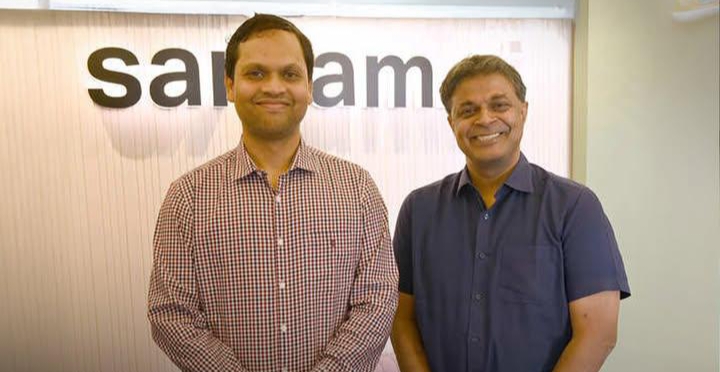
Dr Sarun George Sunny
The Way I See It • 1y
Sarvam AI: Empowering Indian Languages with AI Sarvam AI, co-founded by Vivek Raghavan and Pratyush Kumar, focuses on building AI that caters to India’s linguistic diversity. Their Indic Voice Large Language Models (LLMs) allocate 40% of their token
See More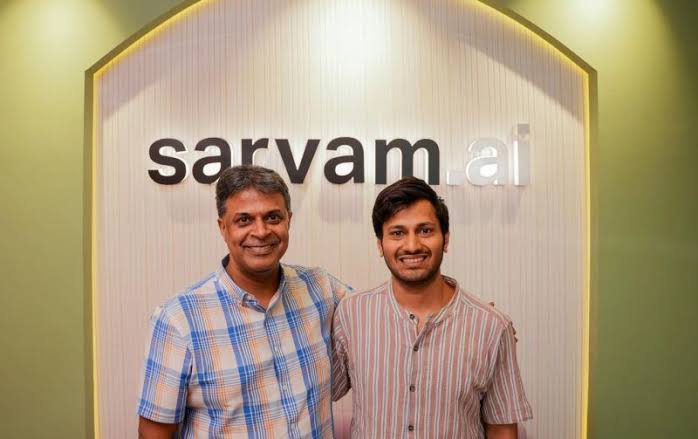
Om Raut
Investing in Knowled... • 1y
📌Is There a Market for AI-Powered Language Translation in India ? India, a linguistic mosaic, presents a unique business opportunity. With over 22 official languages and countless dialects, the nation grapples with a communication chasm. Existing t
See MoreDownload the medial app to read full posts, comements and news.








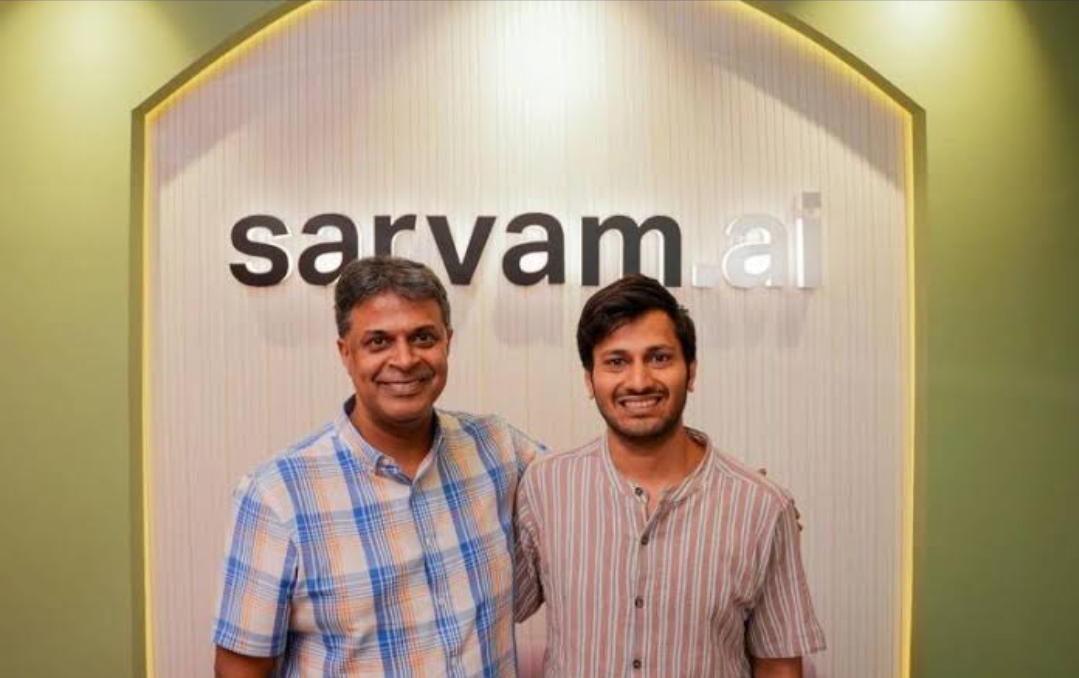


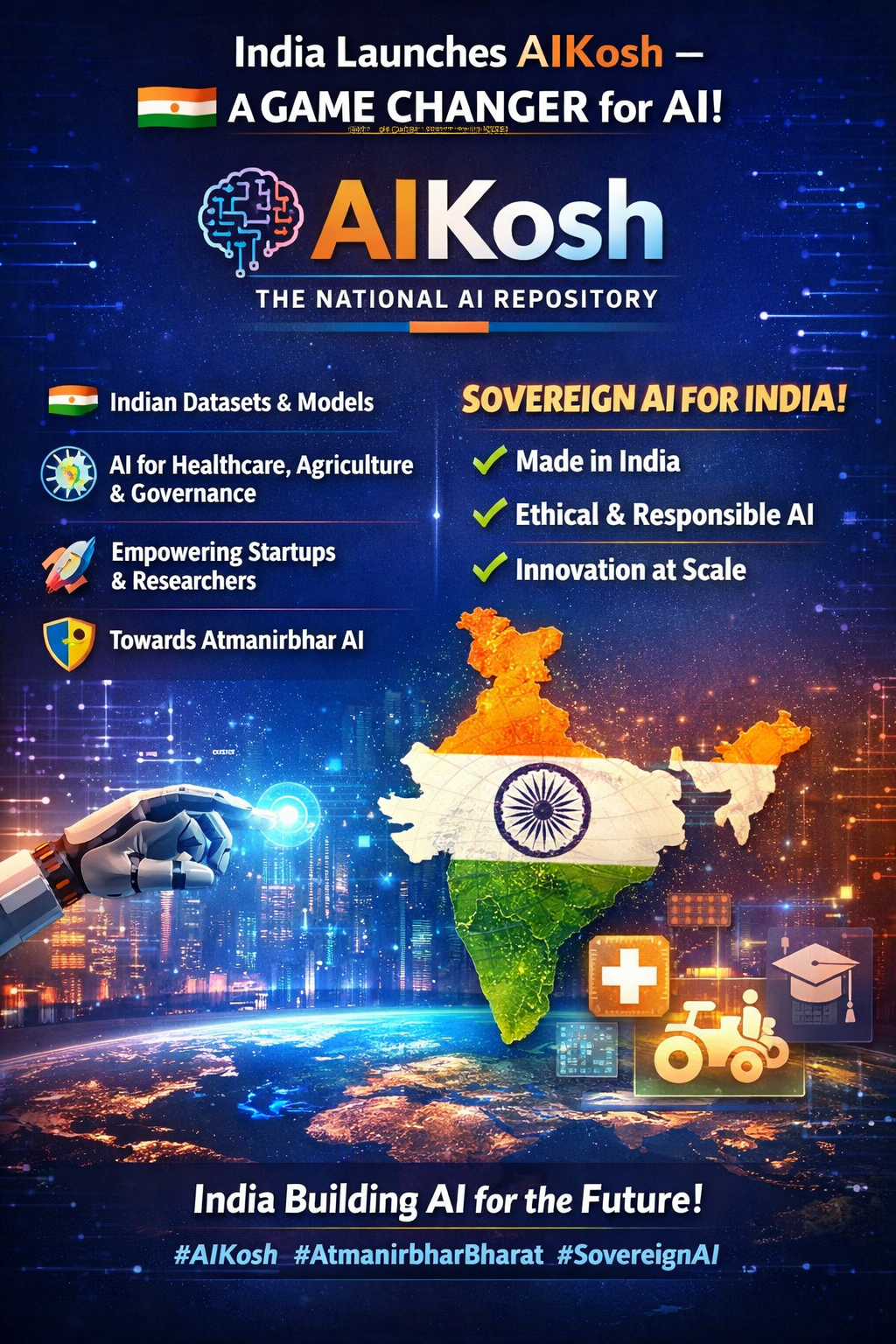


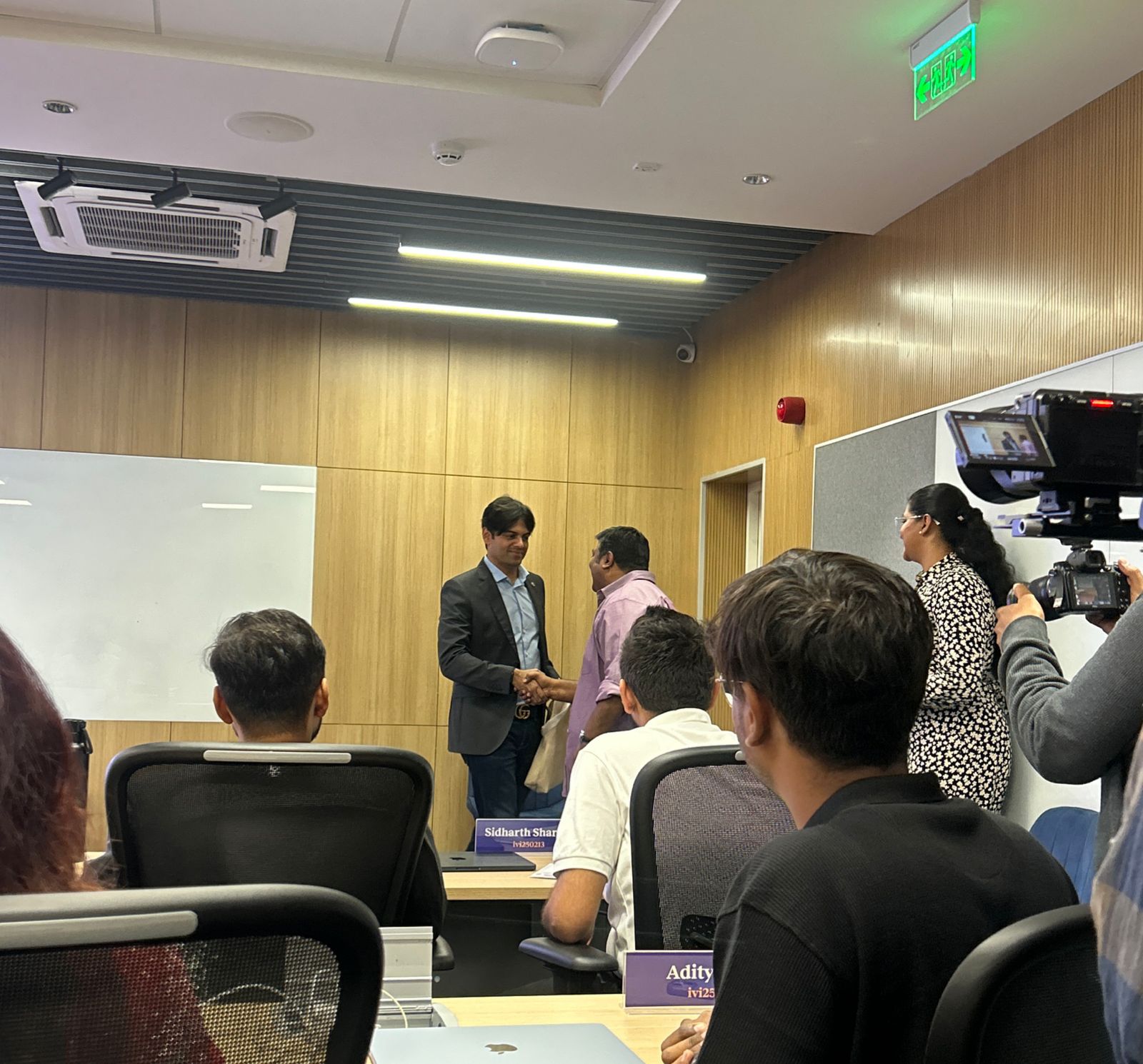






/entrackr/media/post_attachments/wp-content/uploads/2021/08/Accel-1.jpg)




















